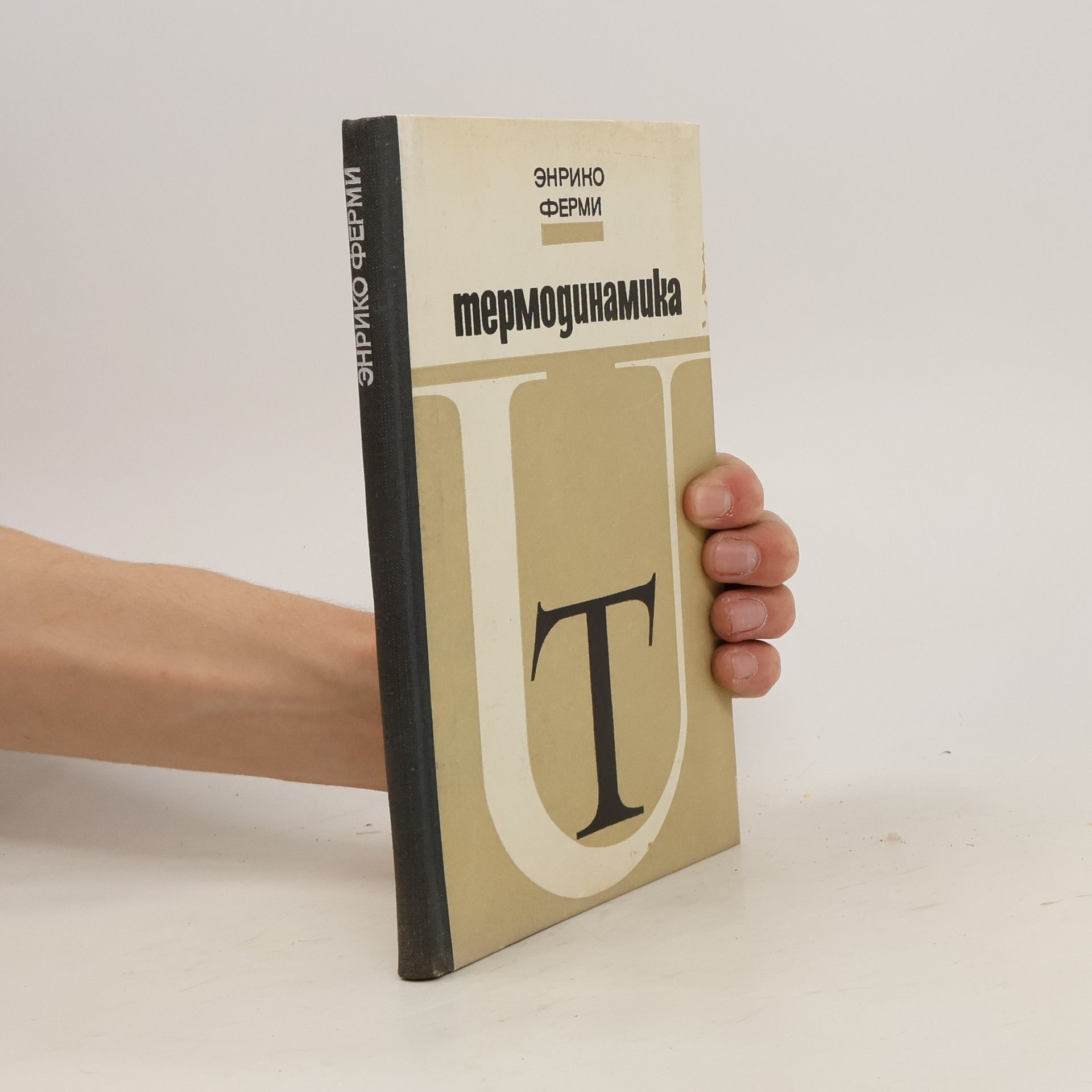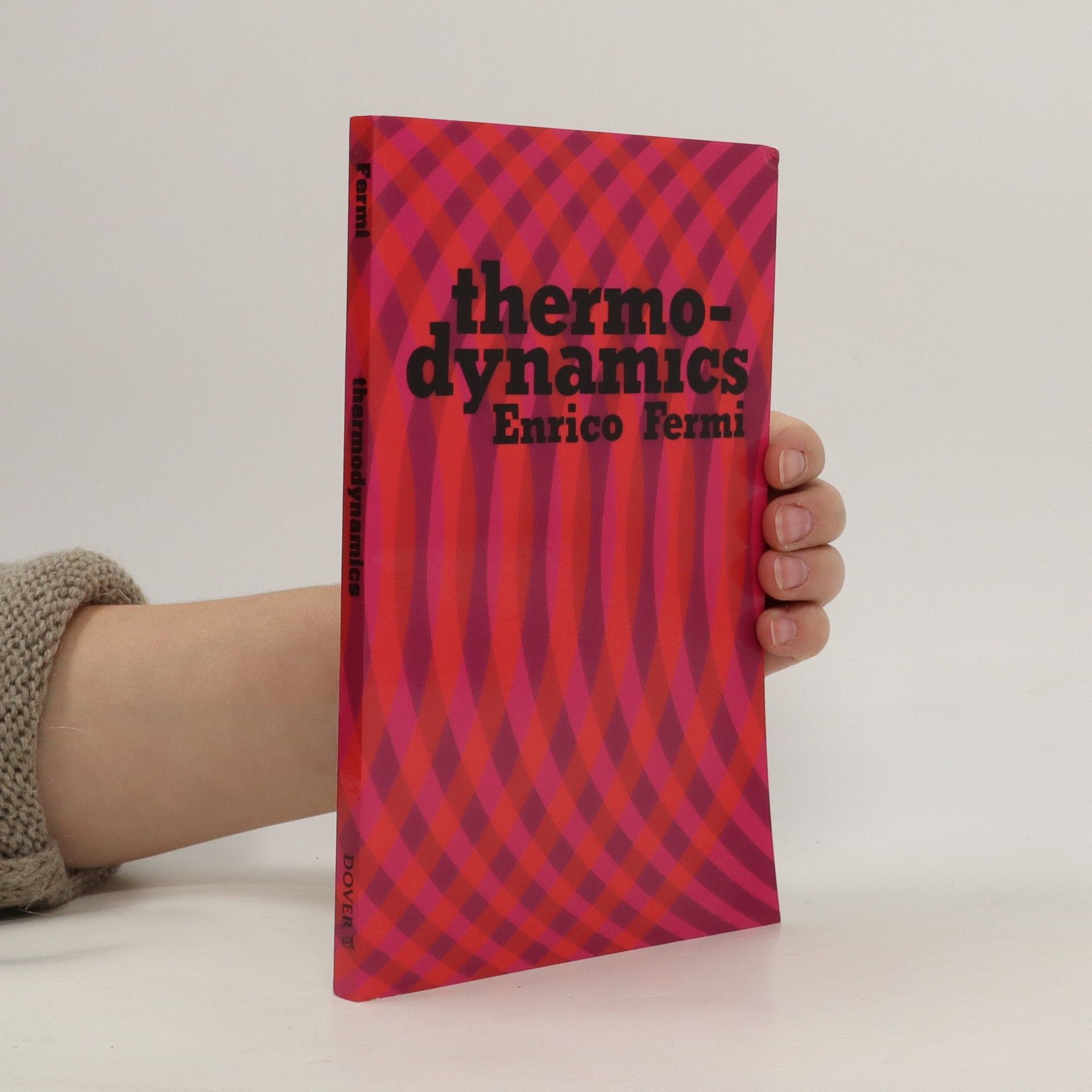Indisputably, this is a modern classic of science. Based on a course of lectures delivered by the author at Columbia University, the text is elementary in treatment and remarkable for its clarity and organization. Although it is assumed that the reader is familiar with the fundamental facts of thermometry and calorimetry, no advanced mathematics beyond calculus is assumed.Partial contents: thermodynamic systems, the first law of thermodynamics (application, adiabatic transformations), the second law of thermodynamics (Carnot cycle, absolute thermodynamic temperature, thermal engines), the entropy (properties of cycles, entropy of a system whose states can be represented on a (V, p) diagram, Clapeyron and Van der Waals equations), thermodynamic potentials (free energy, thermodynamic potential at constant pressure, the phase rule, thermodynamics of the reversible electric cell), gaseous reactions (chemical equilibria in gases, Van't Hoff reaction box, another proof of the equation of gaseous equilibria, principle of Le Chatelier), the thermodynamics of dilute solutions (osmotic pressure, chemical equilibria in solutions, the distribution of a solute between 2 phases vapor pressure, boiling and freezing points), the entropy constant (Nernst's theorem, thermal ionization of a gas, thermionic effect, etc.).
Enrico Fermi Reihenfolge der Bücher (Chronologisch)
Dieser bahnbrechende Physiker war für seine Beherrschung sowohl theoretischer als auch experimenteller Arbeit bekannt. Seine Forschung in den Bereichen Quantentheorie, Kern- und Teilchenphysik sowie statistische Mechanik legte den Grundstein für das moderne Zeitalter. Er entdeckte die statistischen Gesetze, die heute als „Fermi-Statistik“ bekannt sind, und seine Arbeit beeinflusste maßgeblich die Entwicklung der Nukleartechnologie, was ihm einen Nobelpreis einbrachte.






Elementary Particles
- 120 Seiten
- 5 Lesestunden
Enrico Fermi, winner of the Nobel Prize for research in neutron physics, makes accessible to the general student of physics the most significant results of the field theories of elementary particles, emphasizing simple, semi-quantitative procedures requiring a minimum of mathematical apparatus.
The lecture notes presented here in facsimile were prepared by the Nobel Prize winner, Enrico Fermi, for students taking his course at the University of Chicago in 1954. This edition includes a set of Fermi's assigned problems as compiled by one of his former students, Robert A. Schluter.
